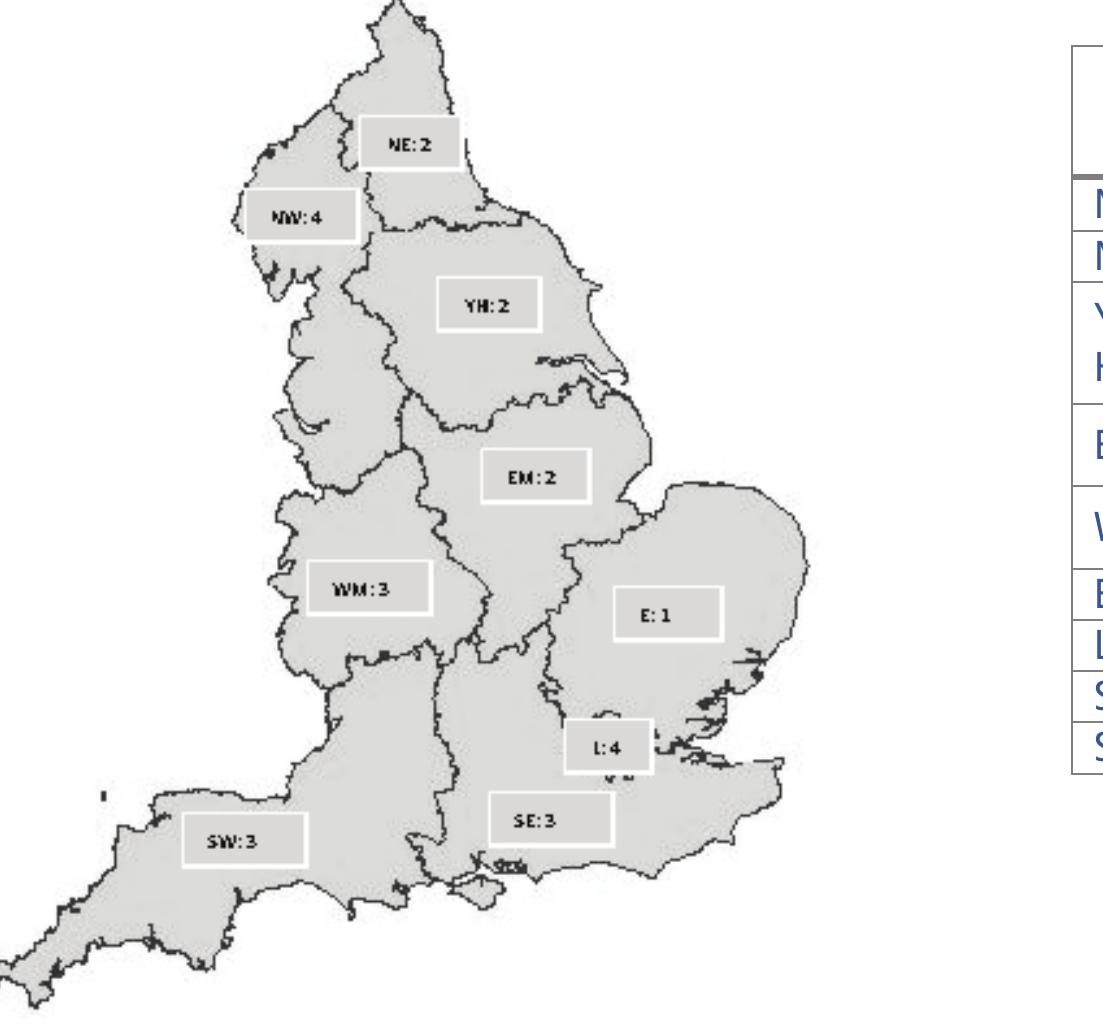Key research themes
1. How can Education for Sustainable Development (ESD) effectively integrate interdisciplinary, transformative pedagogy to foster sustainable societies?
This theme examines the pedagogical frameworks, curriculum designs, and educational cultures necessary for ESD to move beyond current limitations and deeply embed sustainability principles across disciplines. It addresses challenges in mainstreaming ESD content, enhancing competencies for sustainability, and promoting the transformative learning needed for responsible action at individual and collective levels.
2. What are the critical dimensions and pedagogical challenges of integrating Global Citizenship Education (GCE) with Education for Sustainable Development?
This theme investigates theoretical frameworks, educator perceptions, socio-political critiques, and implementation challenges in linking GCE and ESD. It explores the conceptual differentiation between soft and critical global citizenship, the integration of social justice, ecological ethics, and democracy, and the pedagogical barriers and opportunities in actual educational settings, emphasizing the cultivation of critical awareness and active citizenship.
3. How can citizenship education be designed to develop active, critically aware global and local citizens capable of addressing complex societal and environmental issues?
This theme focuses on citizenship education approaches that intersect with global citizenship and sustainability, emphasizing developing competencies for democratic participation, social justice orientation, and transdisciplinary problem-solving. It reflects on citizenship’s evolving concepts in the context of globalization, explores teacher perspectives and training needs, and highlights pedagogical innovations for fostering youth engagement and critical consciousness.





































